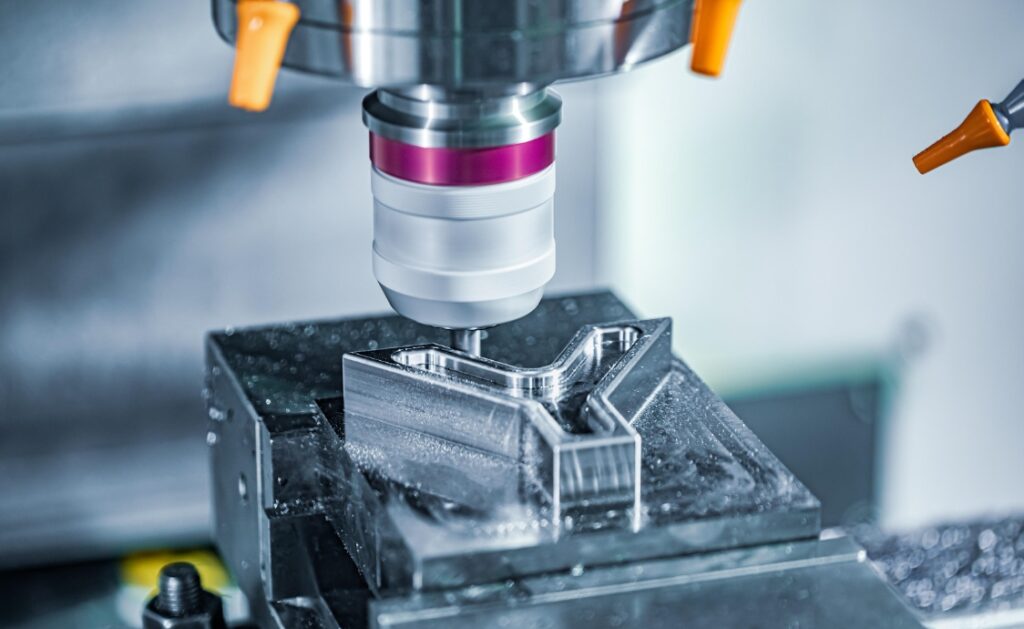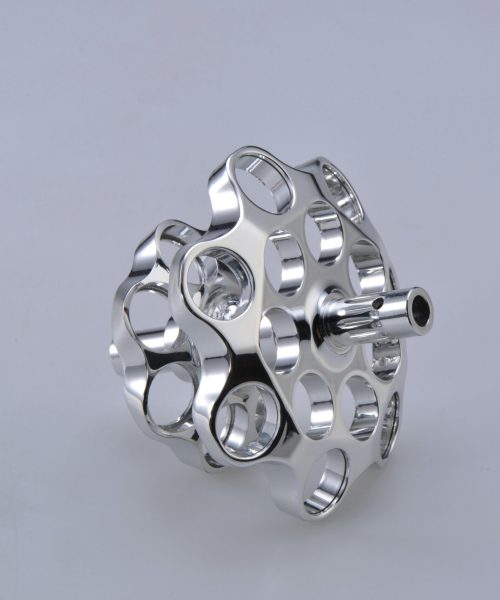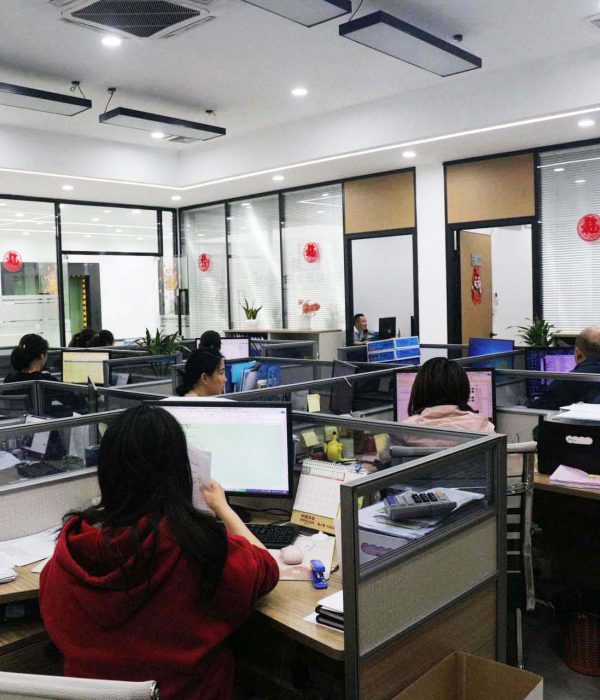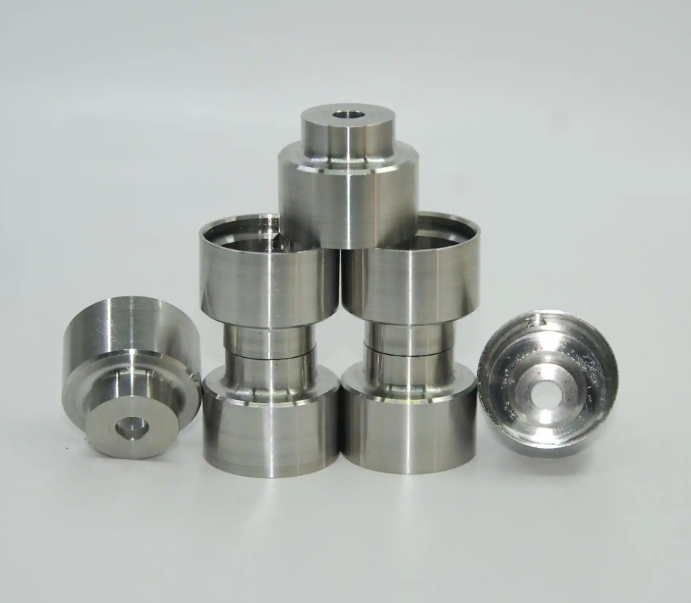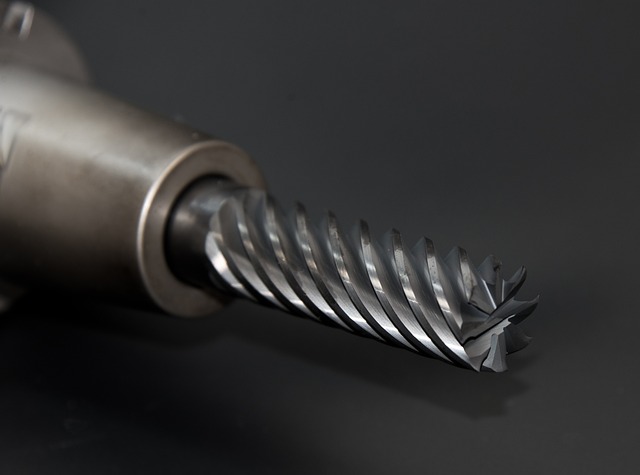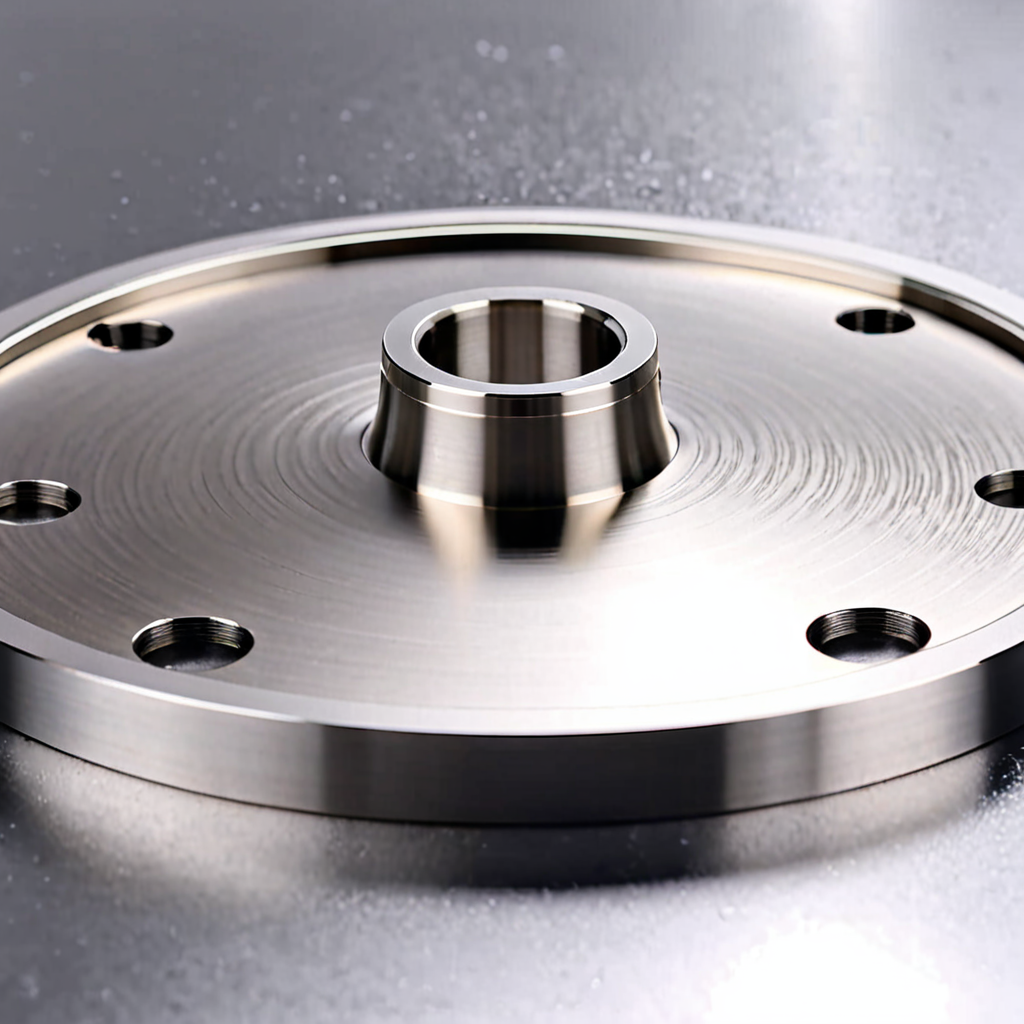Automation is revolutionizing the manufacturing industry, driving efficiency, reducing costs, and improving product quality. Usinage CNC services are at the forefront of this transformation, leveraging automation technologies to optimize production processes. This article explores the role of automation in CNC machining services, the benefits it offers, and the future of automated manufacturing.
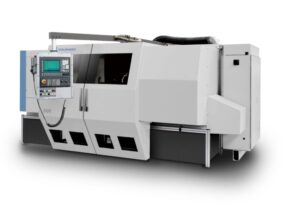

The Integration of Automation in CNC Machining
Automation in CNC machining involves the use of advanced technologies, such as robotics, computer control systems, and sensors, to automate various aspects of the machining process. This integration allows CNC machines to operate with minimal human intervention, increasing efficiency and consistency. Key aspects of automation in CNC machining include:
Robotic Arms and Automated Loading: Robotic arms are used to automate the loading and unloading of workpieces in CNC machines. This reduces downtime between operations and increases the overall efficiency of the machining process.
Tool Change Automation: Automated tool changers allow CNC machines to switch between different cutting tools without manual intervention. This capability is particularly useful in complex machining operations that require multiple tools, as it reduces setup time and increases productivity.
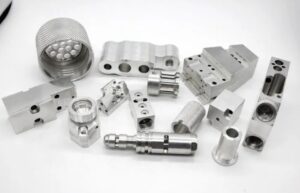

In-Process Monitoring: Advanced sensors and monitoring systems are integrated into CNC machines to provide real-time feedback on the machining process. This allows for automatic adjustments to be made to optimize cutting parameters, tool wear, and material removal rates.
Unmanned Operation: Automation enables CNC machines to operate unmanned, often referred to as “lights-out” manufacturing. This allows for continuous production, even outside of regular working hours, maximizing machine utilization and output.
Benefits of Automation in CNC Machining
The integration of automation in CNC machining services offers several key benefits:
Increased Productivity: Automation reduces manual intervention and setup times, allowing CNC machines to operate more efficiently. This increases productivity and enables manufacturers to meet tight production schedules.
Consistency and Quality: Automated CNC machining ensures that each part is produced to the same exacting standards, reducing variability and improving overall product quality. This consistency is particularly important in industries where precision is critical, such as aerospace and medical devices.
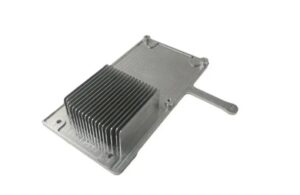

Cost Savings: Automation reduces labor costs by minimizing the need for manual intervention in the machining process. It also reduces material waste and rework, leading to overall cost savings in production.
Enhanced Flexibility: Automated CNC machines can be quickly reprogrammed to produce different parts, allowing manufacturers to respond rapidly to changes in demand or production requirements. This flexibility is essential in industries where product lifecycles are short and customer preferences change frequently.
Improved Safety: Automation reduces the need for human operators to interact with CNC machines during the machining process, reducing the risk of accidents and injuries. Automated systems also handle dangerous tasks, such as handling sharp tools or heavy workpieces, improving overall workplace safety.
The Role of Automation in Different Industries
Automation in CNC machining services is being adopted across various industries, each with unique applications and benefits:
Automobile: In the automotive industry, automation in CNC machining is used to produce high-volume components with tight tolerances. Automated systems enable the rapid production of engine parts, transmission components, and other critical automotive parts, ensuring consistent quality and reducing production costs.
Aérospatiale: The aerospace industry requires high-precision components with complex geometries. Automation in CNC machining allows for the efficient production of these parts, with real-time monitoring systems ensuring that each part meets stringent quality standards.
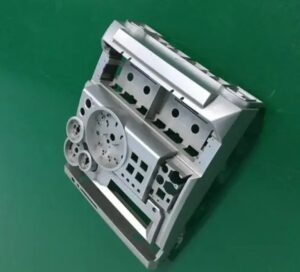

Dispositifs médicaux: In the medical device industry, automation in CNC machining is used to produce components with high precision and consistency. This is essential for ensuring that medical devices function correctly and meet regulatory standards.
Électronique grand public: The consumer electronics industry relies on automation in CNC machining to produce intricate components, such as connectors and housings, with high precision. Automation allows for the rapid production of these components, meeting the high demand for consumer electronics.
The Future of Automation in CNC Machining
As technology continues to advance, the role of automation in CNC machining services will expand, with several key trends shaping the future of automated manufacturing:
Artificial Intelligence and Machine Learning: The integration of artificial intelligence (AI) and machine learning into CNC machining will enable machines to learn from data and optimize their operations autonomously. This will lead to further improvements in efficiency, quality, and flexibility.
Collaborative Robots (Cobots): Collaborative robots, or cobots, are designed to work alongside human operators in a shared workspace. In CNC machining, cobots can assist with tasks such as loading and unloading workpieces, assembly, and inspection, increasing productivity and reducing the risk of human error.
Advanced Robotics: The development of advanced robotics will enable even more complex and precise automation in CNC machining. This includes the use of multi-axis robots for handling intricate parts and performing complex machining operations.
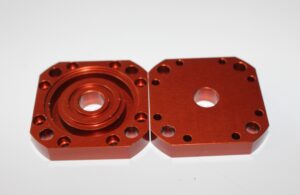

Fabrication intelligente: The rise of smart manufacturing, or Industry 4.0, will further integrate automation with digital technologies, such as the Internet of Things (IoT) and cloud computing. This will enable real-time data exchange between machines, systems, and operators, optimizing the entire production process.
Sustainability: Automation in CNC machining will play a key role in sustainable manufacturing by reducing energy consumption, minimizing material waste, and improving overall efficiency. This will help manufacturers meet sustainability goals and reduce their environmental impact.
Conclusion
Automation is transforming CNC machining services, driving efficiency, reducing costs, and improving product quality across various industries. By integrating advanced technologies, such as robotics, AI, and smart manufacturing, CNC machining services are becoming more flexible, consistent, and capable of meeting the demands of modern manufacturing.
As technology continues to evolve, the role of automation in CNC machining will expand, enabling manufacturers to stay competitive in a fast-paced and ever-changing market. By embracing automation, CNC machining services will continue to play a crucial role in shaping the future of manufacturing, delivering high-quality products with greater speed, precision, and sustainability.

